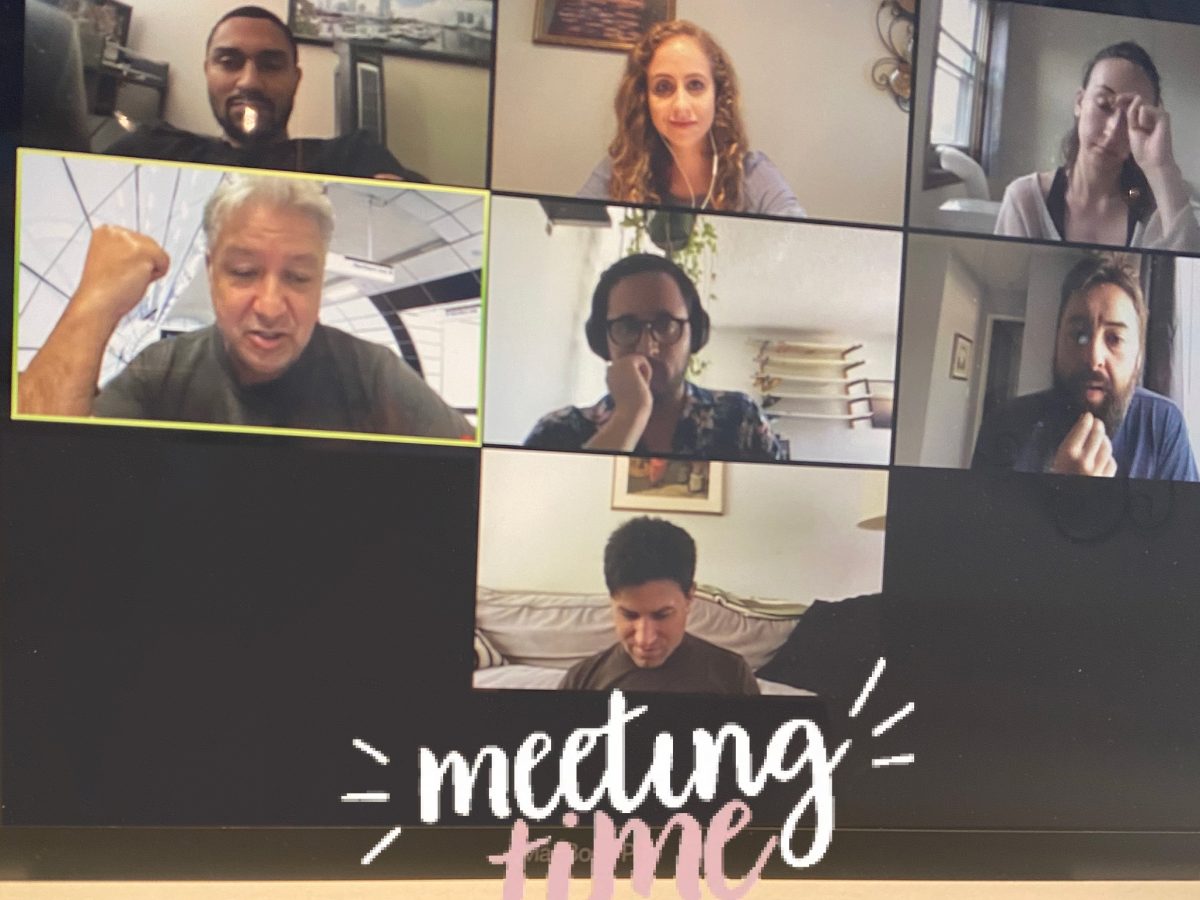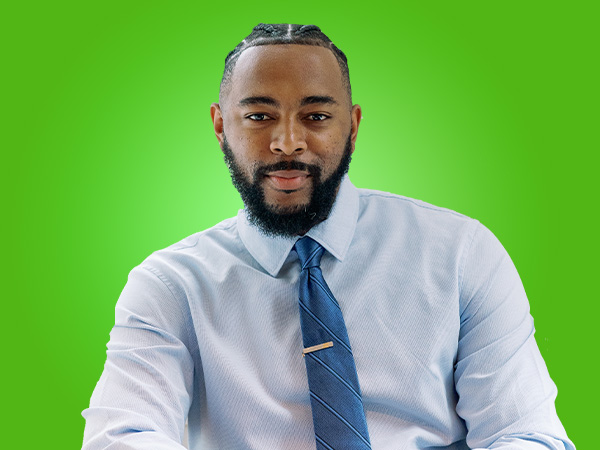Gone are the days of the bustling office environment (at least for now). Home offices and bedroom desks are our new workplaces. Working from home comes with a lot of freedom, but without the in-person office rhythm most of us had prior to March, it’s easy to get distracted and lose focus. The Pulsar Team had the benefit of working with Telework!VA for over a decade and implementing a flexible telework program before COVID-19.
Since we’ve all been working remotely for a few months now, we asked the Pulsar Team what they do to stay productive and focused at home. Here’s what they said:
Stick to your routine
Susan Yates said, “I’m still showering and getting dressed every day so that I get to my desk feeling like it’s time for work. PJs are comfy, but they cue thoughts of Netflix and snacks, which aren’t productive.” There’s something about wearing slightly uncomfortable clothing to get you in the working mindset.
Camille Montañez keeps the same schedule she had when she would go into the office. She changes out of pajamas and into real clothes, has breakfast and lunch away from the computer, and tries to start and stop working at the same time every day.
Leah Press works upright in a chair and keeps some soft music on in the background. She also makes sure she gets a workout in. If you usually hit the gym before work, she suggests an at-home workout when you wake up to keep your daily routine intact.
For some of us, part of our morning routine was pouring a cup of coffee made at the office. Now, we have to make do with what we have at home. Luckily, the team has a variety of coffee-making methods.
Practice self-discipline to avoid distractions
Working at home opens you up to a world of distractions. The TV, the laundry, the dishes, the neighbor’s dog, the deliveries; the list is endless. Terry Owens tries to block these out by moving away from the TV and to a desk, putting some headphones on and working from a to-do list to stay organized and focused.
Similarly, Jim Wright said, “Sometimes the old school still works – a to-do list helps me to be sure stuff doesn’t fall through the cracks and also helps me to prioritize.”
Peter Kavelin said, “Every three hours, I take a walk outside. Other than that, I’m at my desk. I don’t allow myself to walk around my apartment because I’ll see something distracting or that needs cleaning up, etc.”
Schedule break time
Scheduling break time can help you focus on one task at a time without feeling overwhelmed. Sande Snead said, “I work in at least half-hour blocks of time, then get up and water plants, play with my dog or make a phone call to my Mom or some other family member to re-connect and so I’m not sitting for too long. Sometimes, I even go for a bike ride or walk to clear my head and come back with fresh new ideas!”
Alex Herrmann gets some fresh air every few hours and meditates every morning for 10 minutes. Jim also takes walks to clear his head and schedules his lunch break. Eating lunch away from your workspace can help prevent overworking and burnout.
Change Locations
With Washington DC and New York City becoming hot spots, and with teleworking in full bloom some of our staff have relocated to more rural locations in Virginia and even upper Michigan to avoid COVID-19. This relocation also brought greater focus that came with less worrying about catching the virus.
Find What Works for You
Whether it’s creating or maintaining a routine or creating breaks during your day or relocating to a safer location, the key is to not ignore the challenges of prolonged working from home. Everyone has their own way of staying productive, so find what works for you.





